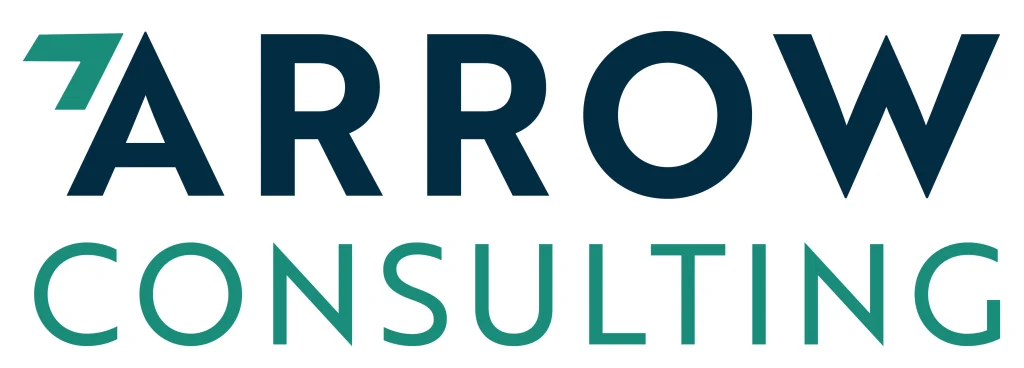Massachusetts
Navigating Behavioral Health and Substance Use Disorder Facility Licensing in Massachusetts: A Step-by-Step Guide
You can’t start a compliant and successful mental health or substance use treatment program without first ensuring you are adhering to the state’s licensing requirements. Whether you’re seeking to open an outpatient facility (providing outpatient, intensive outpatient/ IOP, or partial hospitalization/ PHP) or a residential facility (detox/ withdrawal management, high intensity or low intensity residential) navigating Massachusetts regulatory landscape can be complex and time-consuming.
At Arrow Consulting, we specialize in guiding providers through every stage of the licensing process – ensuring your facility meets all regulatory standards and is fully prepared to deliver high-quality, legally compliant care.
Step-by-Step Guide to Getting Licensed in Massachusetts
- Decide what service you want to provide and which license you’ll need
Decide whether your facility will provide mental health services or substance use disorder services. This decision determines the regulations you must follow and guides your application process. - Review the regulations for the service you’ll provide
Consult the Massachusetts Department of Public Health (DPH) and, where applicable, the Bureau of Substance Addiction Services (BSAS) to review current regulations and requirements for your program type.
Massachusetts also requires a Determination of Need (DoN) for certain facility expansions or new services, so confirm if this applies to your project before beginning the licensing process. - Get your documents and processes in order
Compile the documents required for your Massachusetts application. You’ll definitely need:
- Organizational formation documents
- Staffing plans
- Facility floor plans/ building documents
- Relevant policies and procedures
- Once you finalize your application, submit it to the state
- Mental Health Facilities (Residential, PHP, IOP): Submit to the Massachusetts Department of Mental Health (DMH) or Department of Public Health (DPH), depending on program type
- Substance Use Disorder Facilities (Detox, Residential, PHP, IOP): Submit to DPH, Bureau of Substance Addiction Services (BSAS)
- See below for more information on these agencies
- Prepare for Inspection
Depending on your service type and level of care, Massachusetts may require an on-site inspection. Make sure your facility is in good shape and your leadership is prepared! - Make any corrections and start providing services
You may need to make some revisions to policies or other items as discussed with the state. Once you have completed your plan of correction, you will be issued your license and may commence providing services to your community.
Understanding Behavioral Health Facility Licensing Requirements in Massachusetts
Licensing for Substance Use Disorder (SUD) Facilities
Substance use disorder treatment facilities in Massachusetts are licensed and overseen by the Department of Public Health (DPH), Bureau of Substance Addiction Services (BSAS).
PHP and IOP for SUD:
PHP and IOP programs for substance use disorder treatment must provide structured, intensive services and comply with Massachusetts requirements for:
- Qualified staffing
- Therapeutic programming
- Patient care standards
- Emergency preparedness
Detox and Residential Treatment:
Detox programs in Massachusetts must be licensed by DPH/BSAS and must meet state standards for:
- Medically supervised withdrawal management
- On-site licensed professionals (e.g., physicians and nurses)
- Patient safety and clinical oversight
- Staffing qualifications
- Facility operations and compliance with BSAS regulations
Licensing for Mental Health Facilities
Mental health facilities in Massachusetts are licensed by the Department of Mental Health (DMH).
PHP and IOP for Mental Health:
Mental health PHP and IOP programs must meet state standards for:
- Therapeutic services
- Staffing qualifications
- Patient safety
- Quality care
Residential Treatment Facilities in Mental Health:
Facilities providing residential mental health services must be licensed by DMH and are required to meet state standards for:
- 24/7 care in a structured environment
- Therapeutic services
- Staffing qualifications
- Patient safety
- Quality care
Let Arrow Consulting handle the entire process for you – ensuring a smooth, compliant, and efficient licensing experience.
